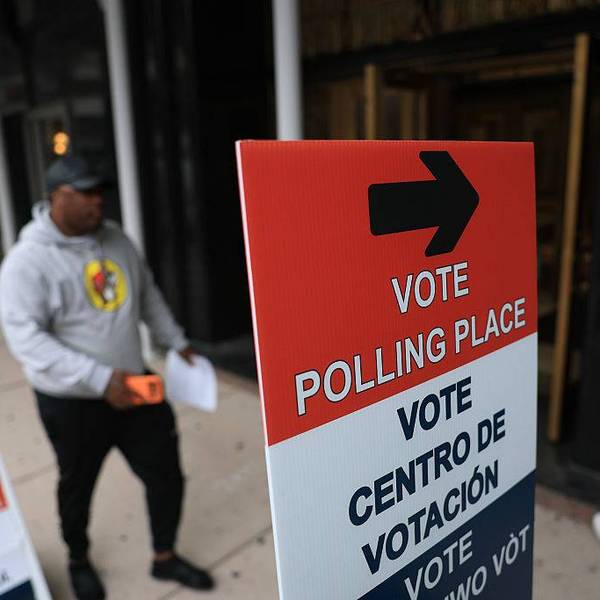Of course, the media environment was set up for the likes of Trump. America is filled with racism, sexism, and hatred, and with mass media outlets like Rupert Murdoch's Fox News that have no responsibility to the truth. The Fairness Doctrine, which used to protect us, was repealed decades ago by the Federal Communications Commission under Ronald Reagan, and in place of fairness jumped right-wing extremism. Social media platforms, including Twitter, Facebook, and Parler, also played a major role.
Yet Trump posed a special challenge. Into the brew of hatred and racism came a mentally disordered individual with a knack for self-promotion. Trump was not merely conniving, and that's the point. He suffers from severe impairments, including characteristics of sociopathy, pathological narcissism, and sadism. A mentally disordered leader in a country filled with inequalities and a mass media environment promoting extremism led to a terrifying situation.
"Trump was not merely conniving, and that's the point. He suffers from severe impairments, including characteristics of sociopathy, pathological narcissism, and sadism. A mentally disordered leader in a country filled with inequalities and a mass media environment promoting extremism led to a terrifying situation."
Mental health professionals started to warn Americans about Trump during the 2016 presidential campaign, but they were shut down by none other than a professional organization of their own, the American Psychiatric Association. The APA was unique among mental health associations to adopt the so-called Goldwater Rule, which resulted from Barry Goldwater's 1964 presidential campaign, when some psychiatrists questioned Goldwater's mental health fitness for office. After that, the APA decreed that it was unethical for mental health professionals to diagnose public figures without a personal examination and without consent.
With the arrival of the Trump administration, however, the APA expanded the Goldwater rule dramatically. Originally, the rule applied to diagnoses. Now, according to the APA, any offer of professional comment regarding the mental health of a public figure was deemed to be unethical. When some mental health professionals started to warn specifically about Trump, the APA pushed back hard, invoking the Goldwater Rule. There were reports that the APA may have acted to protect its federal funding. Whatever was the actual motivation, the APA revisions under the Trump administration troubled many mental health professionals.
Several psychiatrists convened at Yale School of Medicine in early 2017 and published the proceedings in a book, "The Dangerous Case of Donald Trump: 37 Psychiatrists and Mental Health Experts Assess a President," which raised the topic of Trump's mental unfitness in public discussion.
The mental health experts correctly predicted that the dangers of Trump's presidency were greater than the public and the politicians suspected, that the dangers would grow over time, and that they would possibly become uncontainable. Of course, these experts did not predict the coronavirus pandemic, but they recognized right away that the US death toll from COVID-19 -- now at nearly 390,000 -- would depend more on the president's mental state than on characteristics of the virus. Well before the 2020 election, they warned that Trump would refuse to concede, declare the results a fraud, and refuse to leave office. They warned that the post-election transition would be the most dangerous days of this presidency. Though they were correct in these predications, many political leaders continued to treat Trump as a normal, albeit highly manipulative and unprincipled politician, not as dangerously disordered.
Trump's coup attempt last week was predictable from the perspective of Trump's psychopathology. Convicting him in the upcoming Senate impeachment trial is also important to keep Trump from running for office again. Yet we must draw further lessons.
We must find formal ways to incorporate psychological insights into political discourse. This would involve, among other measures, correcting the Goldwater Rule, adjusting the 25th Amendment to ensure that it can be applied to dangerous psychological disorders, and taking steps to reduce the powers of the presidency so that the nation is not vulnerable to the whims of one mentally unbalanced individual.




